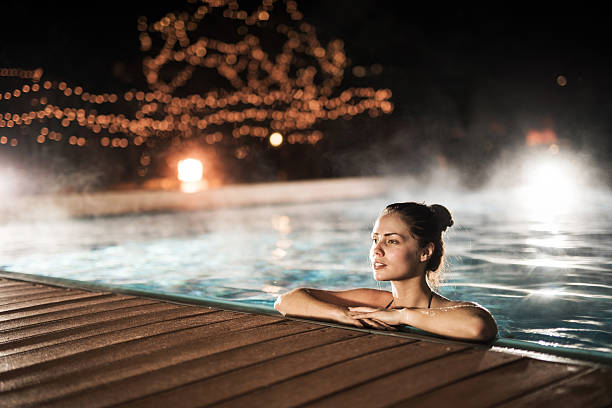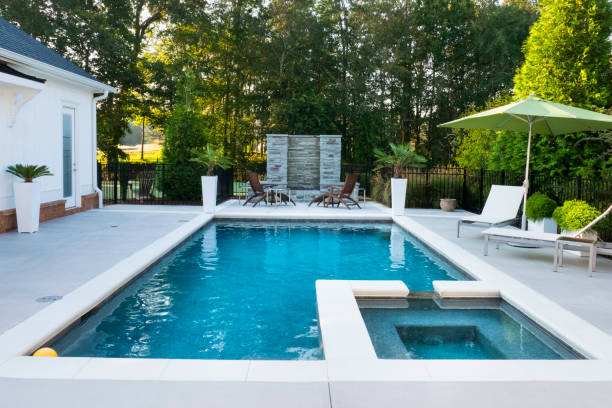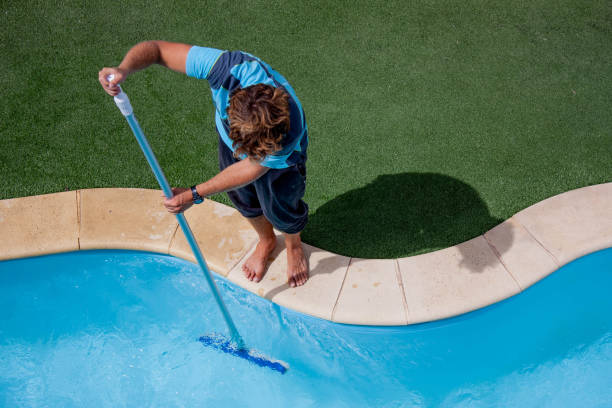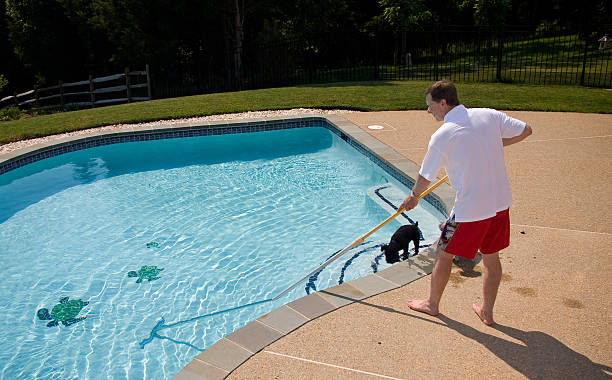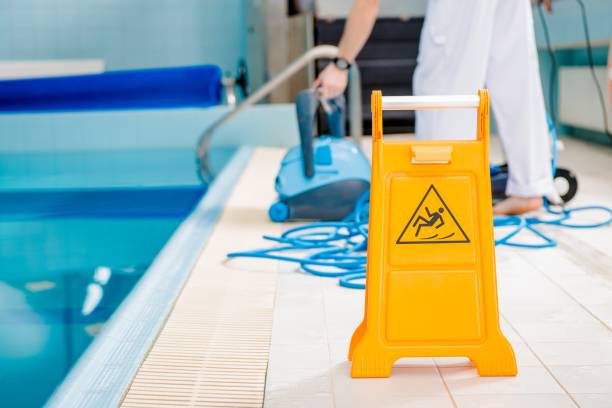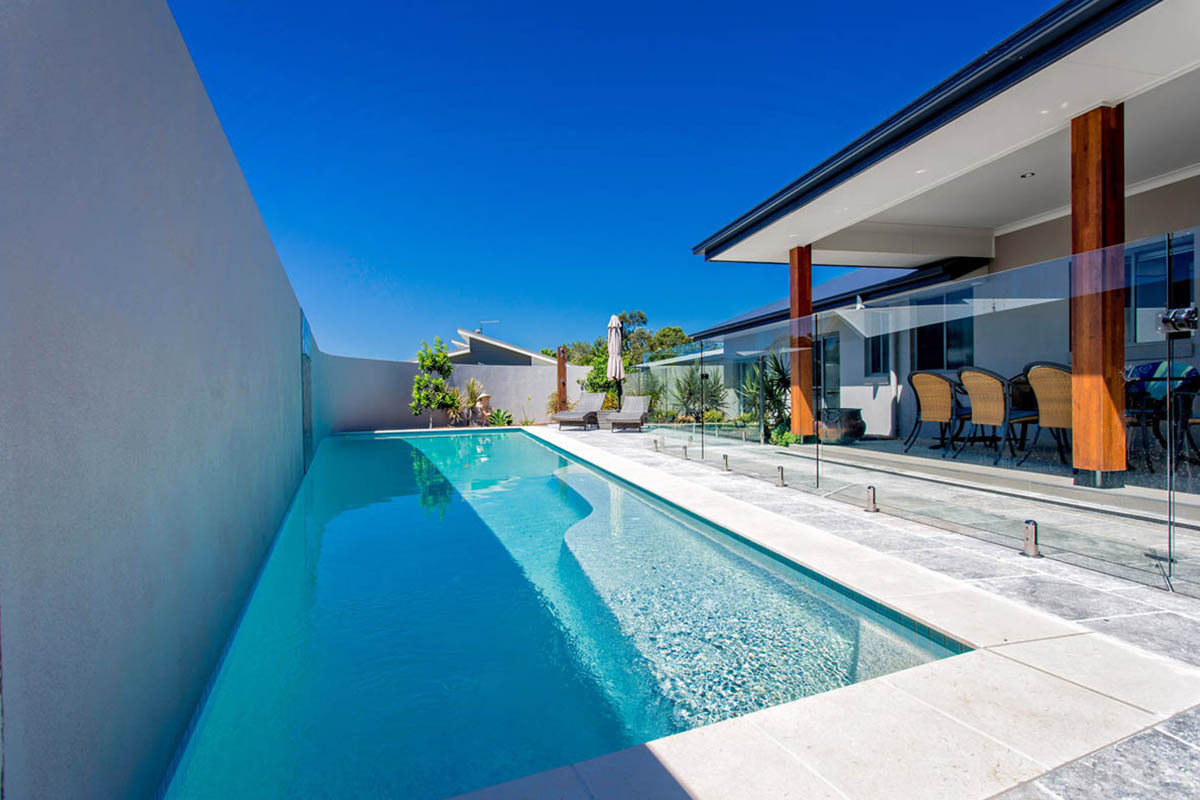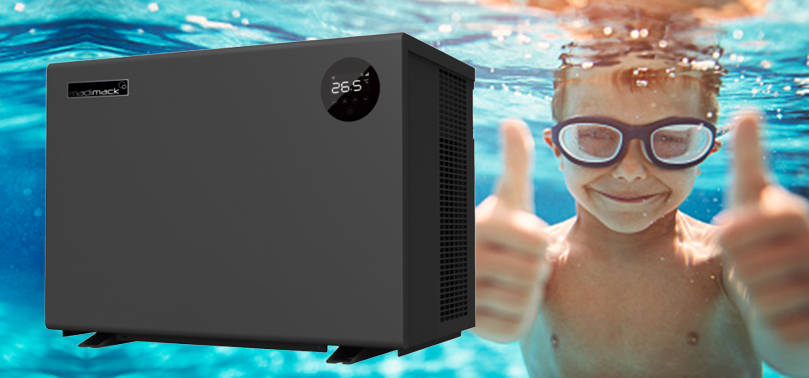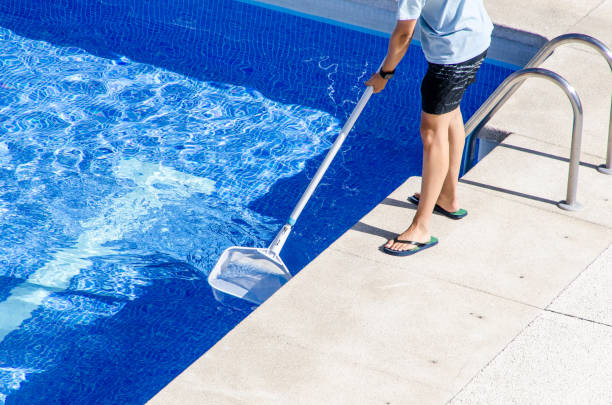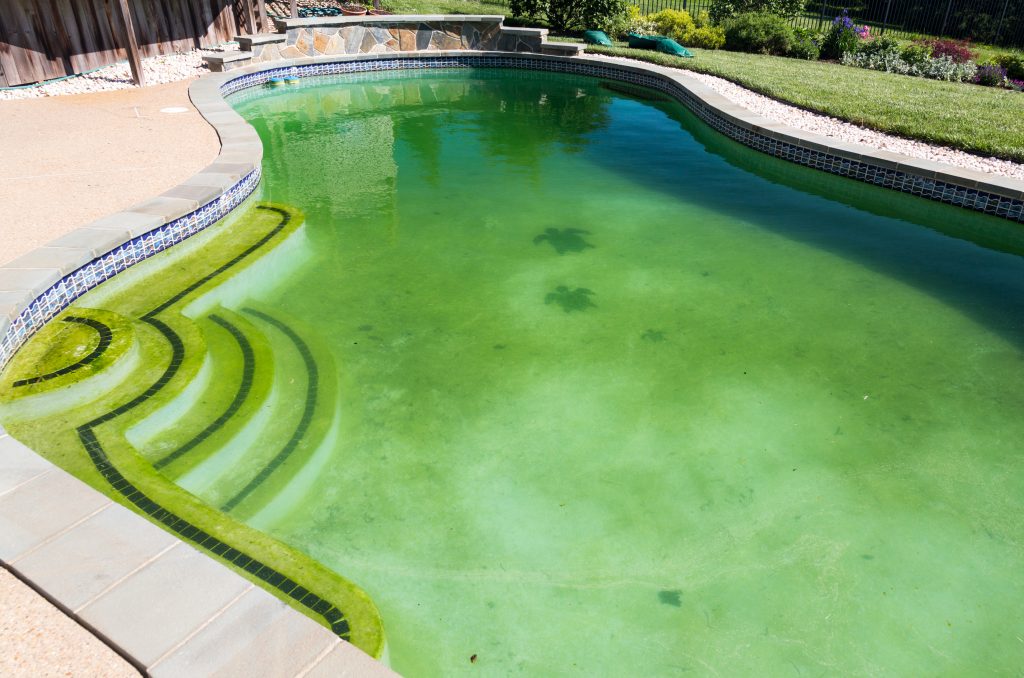Did you know that swimming pool ownership in Australia has increased to 13 per cent? That's nearly 2.7 million Australians who have a pool!
However, most people find they only use their pool comfortably for one or two months of the year, as the rest of the year, the water is too cold.
If you want to increase your pool usage and make your pool part of your daily pleasures, keep reading as we answer the question, "Are pool heat pumps expensive to run?".
What Affects Running Costs?
Pool heat pump technology has improved over the years and no longer costs the same to run as it did back in the 1990s or earlier. However, there are a few factors to consider the cost to heat a pool, so let's discuss them now.
Climate Conditions
It's important to note that electricity isn't used to produce the heat itself when it comes to electric pool heat pumps. Instead, this is obtained from the environment outside.
As a result, if you live in a colder area, your pool heater will have to work harder to produce the heat you are looking for. However, if paired with a solar system (which we discuss below), this issue becomes obsolete as the excess energy produced can be used to power the pool heat pump.
Pool Heat Pump Efficiency
When calculating running costs and determining heat pump efficiency, both the Coefficient of Performance (COP) and the Seasonal Performance Factor (SPF) can be used to assist.
These are the ratios used to determine the amount of heating and cooling given to meet specified energy requirements. Higher COPs, on average, indicate that a device has lower operating expenses.
Pool Heat Pump Sizing
The size of your pool heat pump will make a vast difference in your heating costs. So you want to make sure you get the correct size pump, nothing more, nothing less.
You will need to determine the surface area of the pool and the difference between the temperature of the air and the pool itself. Naturally, things like humidity, wind, and night temperatures can also play a part.
Types of Pool Heaters
Pool Heat Pumps
With a high quality, energy-efficient pool heater, the cost of running a pool heat pump doesn't have to be an increased burden on your wallet. Instead, the correct energy efficient pump for your pool can reduce running costs and even afford a return on your investment.
A heat pump acts similarly to your refrigerator, except instead of cooling, it creates heat. However, it's notable that heat pumps don't make their heat, like gas, but instead use electricity to grab heat from ambient air temperature.
Simply put, heat pumps draw in the surrounding air via a fan. This air passes through an evaporator coil, which uses the air outside to heat the inside refrigerant liquid. The result is the formation of gas, which is then passed through a compressor. This compressor further heats the gas before getting passed through a heat exchanger, which transfers the heat from the heat pump into the pool, and the cycle begins again.
Gas Pool Heaters
While a popular choice for pool owners, gas heaters can be quite costly to run. These types of heaters use natural gas that burns in a furnace to generate heat and can efficiently heat a large, family-sized pool.
Additionally, the installation can also be costly. They generally require a dedicated copper pipeline that runs from your meter box to the heater location in order to supply the gas.
There are also added expenses when you factor in the maintenance and repair costs, and the fluctuating natural gas prices; however, there are some perks to gas heating.
You're able to use it as an "on-demand" style of heating, meaning that you can turn the gas heater on in the morning to be ready for your lunchtime swim. You can also control this heater remotely so you can have your pool at the perfect temperature when you get home from work or holiday.
Gas heaters are also great for heating spa pools to 40C in around an hour.
Electric Element Pool Heaters
Probably the most costly to run as they consume the most energy, especially during the winter months.
Therefore, it's advisable to only run your electric pool heater for limited periods if you don't want an electricity bill that is too excessive.
With electric element pool heaters, you can heat your pool all year round, or at the very least, extend your swimming season through spring and autumn.
Solar Pool Heating
Solar pool heating is the most cost-effective alternative to heating your pool; however, one of the major drawbacks is that they depend heavily on solar energy.
One way to combat this is to pair your solar pool heating with either gas or a pool heta pump, which you can use when the weather is cloudy and solar energy is weak.
On average, you're looking at approximately $300 for the extended season between October and April. Pool solar heating works by moving pool water up to the roof through a solar collector, which in turn heats the water by the sun before returning the heated water to the pool.
Should I Invest in a Pool Heater?
With the right kind of pump, you can minimise your running costs, add value to your home, and see a return on investment.
In fact, many homeowners invest upwards of $60,000 in their swimming pools, but without a heater, they can only utilise the pool for a few month during the entire year.
With a heat pump, gas heater, or even solar, you can extend your swimming season by as much as 600%.
3 Tips When Choosing a Pool Heater
There are three main things to consider when choosing your pool heat pump:
- The quality and reliability of the heater
- The efficiency (COP) of the heater (you want the highest COP rating for maximum efficiency)
- The reputation of the manufacturer and the length of time they've been in business.
Those three factors will make a massive difference to your selection of a heat pump pool heater, and if one is missing, it's possibly not the best choice for your pool.
Are Pool Heat Pumps Expensive to Run?
When it comes to pool heating options, you can't get better than a pool heat pump. But, if you understand how the costs are calculated, you can get the correct size for your pool.
Don't ask yourself, "Are pool heat pumps expensive to run?" but instead, contact us on 0417776151 and our team of professionals will be able to assist in answering that question based on your specific pool requirements.
